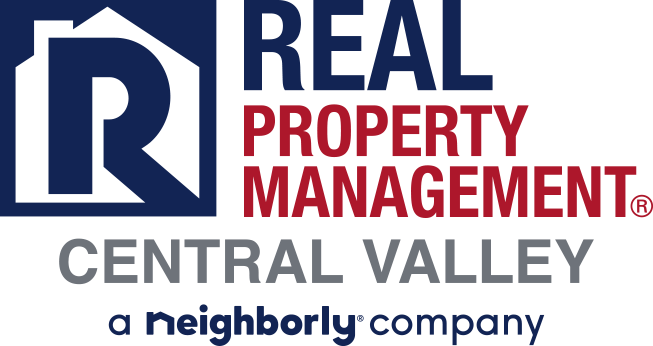What to do with a tenant’s possessions after eviction?

Dealing with a tenant’s possessions after eviction requires careful adherence to the laws and regulations of your jurisdiction. Here are general steps that landlords typically follow, but it’s essential to consult local laws and seek legal advice before taking any action:
- Understand Local Laws:
- Familiarize yourself with the eviction laws and regulations in your area. Laws regarding the handling of a tenant’s possessions can vary widely.
- Provide Adequate Notice:
- Before disposing of a tenant’s belongings, ensure you have followed the proper legal eviction process, which usually includes providing the tenant with sufficient notice and obtaining a court order.
- Document Everything:
- Document the eviction process thoroughly, including all notices, court orders, and communication with the tenant. This documentation can be crucial if legal issues arise.
- Store Possessions Safely:
- In some jurisdictions, landlords are required to store a tenant’s possessions in a safe and secure location for a specified period. This gives the tenant an opportunity to retrieve their belongings.
- Notify the Tenant:
- Inform the tenant about the location where their possessions are stored, the timeframe for retrieval, and any associated costs. This notification is often required by law.
- Wait for the Designated Period:
- Allow the legally mandated period for the tenant to reclaim their possessions. This period can vary, so be sure to follow local regulations.
- Dispose of Unclaimed Items:
- If the tenant does not claim their possessions within the specified timeframe, you may be allowed to dispose of them. Again, local laws will dictate the proper procedures for this, which may include selling, donating, or disposing of the items in a specific manner.
- Recover Costs:
- Some jurisdictions allow landlords to recover the costs associated with storing and disposing of a tenant’s possessions from the tenant. Ensure you follow the legal process for seeking reimbursement.
- Document the Disposal:
- Keep detailed records of how you disposed of the tenant’s possessions, including dates, methods, and any associated costs. This documentation can be valuable in case of legal disputes.
- Comply with Environmental Regulations:
- Be mindful of any environmental regulations regarding the disposal of certain items. Hazardous materials or large quantities of waste may require special handling.
It’s crucial to consult with a legal professional or local housing authority to ensure that you are following the specific laws and procedures in your area. Failure to comply with legal requirements can lead to legal consequences for the landlord. Always prioritize a fair and lawful process when dealing with a tenant’s possessions after eviction.
If you need eviction help in the Central Valley, or to learn more about our services, contact us today by calling (209) 572-2222 or click here!

